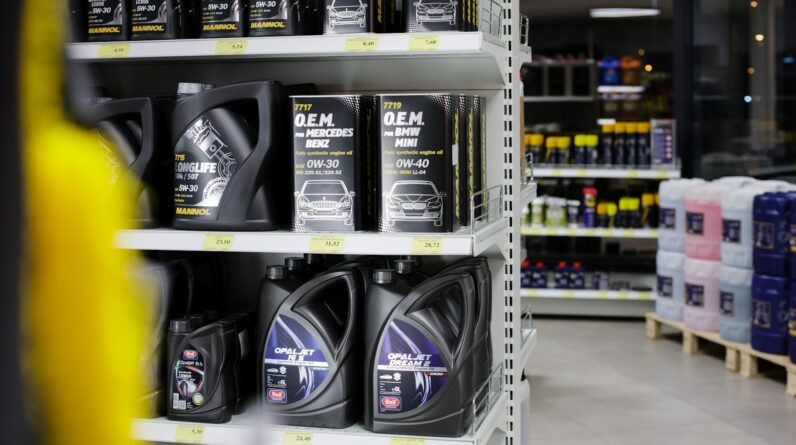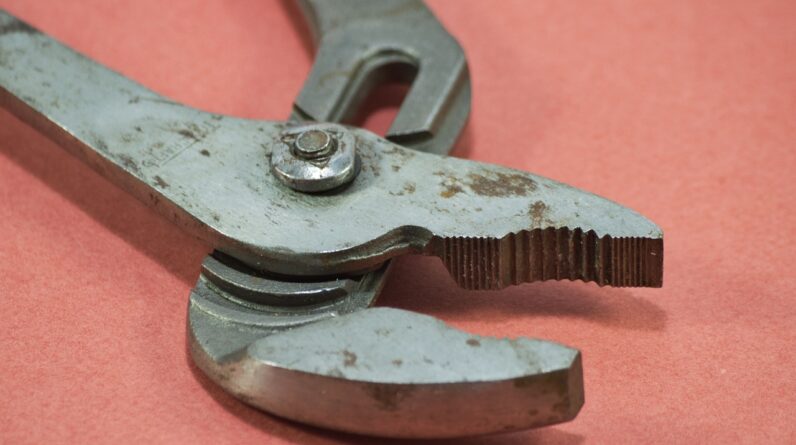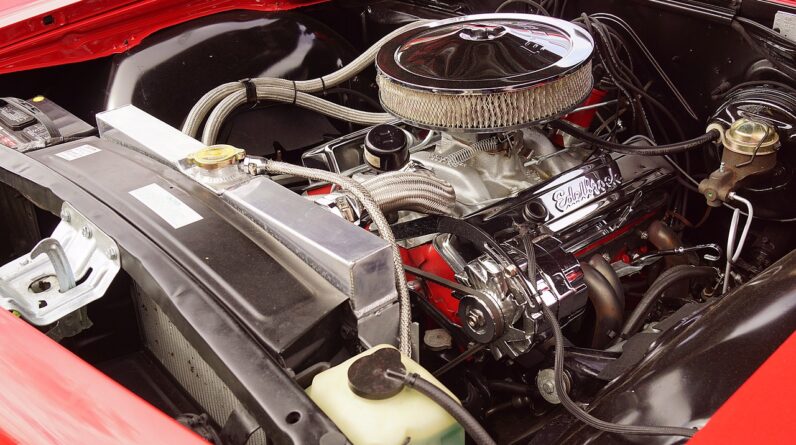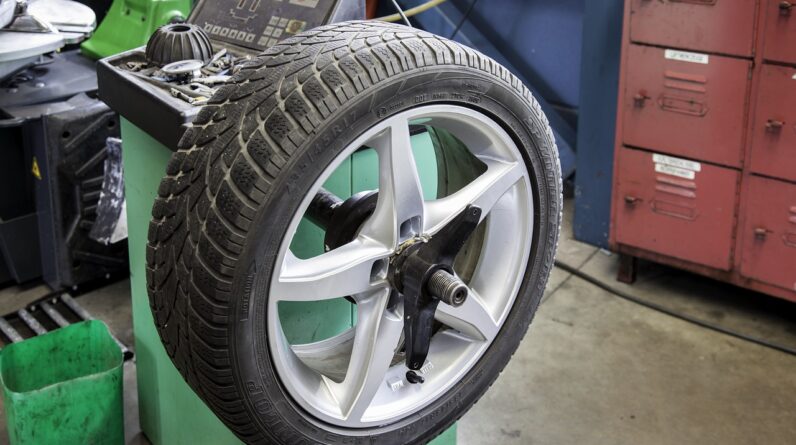Discover how to save money on car maintenance without sacrificing performance. Follow these tips and strategies to keep your vehicle in top condition and your costs low.
Have you ever wondered how you can save money on car maintenance without sacrificing the longevity and performance of your vehicle? Keeping your car in pristine condition doesn’t always have to come with a hefty price tag. In fact, with a few tips and some careful planning, maintaining your car can become a routine that both your vehicle and your wallet will appreciate.
Understanding Car Maintenance
Proper car maintenance is crucial for the health and longevity of your vehicle. Regular upkeep not only keeps your car running smoothly but can also prevent costly repairs down the line.
The Importance of Routine Maintenance
Routine maintenance includes tasks such as oil changes, tire rotations, brake inspections, and fluid checks. These tasks may seem simple and routine, but they play a significant role in the overall performance and safety of your vehicle.
Benefits of DIY Maintenance
By handling some basic car maintenance tasks yourself, you can save a considerable amount of money. However, it’s essential to know your limits and not tackle complicated repairs that could potentially make the situation worse.
Essential Routine Maintenance Tips
Performing routine maintenance can significantly reduce the likelihood of needing expensive repairs. Here’s a breakdown of essential routine maintenance that you can either do yourself or with minimal cost.
Regular Oil Changes
Oil is the lifeblood of your vehicle’s engine. Regular oil changes keep the engine properly lubricated and running smoothly. Generally, it’s recommended to change the oil every 3,000 to 5,000 miles, but you should always refer to your car’s manual for specific guidelines.
Checking and Replacing Air Filters
An often overlooked but critical aspect of car maintenance is replacing the air filters. A clean air filter ensures that your engine gets the proper mix of air and fuel. Replacing the air filter is a simple task and can be done without professional help.
Tire Maintenance
Tires are your car’s direct contact with the road, so maintaining them properly is crucial. Regularly check your tire pressure, rotate your tires every 6,000 to 8,000 miles, and ensure that your tires are properly aligned.
| Task | Frequency |
|---|---|
| Check tire pressure | Once a month |
| Rotate tires | Every 6,000 to 8,000 miles |
| Alignment check | Every 12,000 miles or annually |
Keeping Fluids in Check
Your car relies on several types of fluids to function correctly. Checking and maintaining proper fluid levels can prevent damage to various systems.
- Brake fluid: Check every few months and top off as needed.
- Coolant: Inspect every 50,000 miles or as recommended by the manufacturer.
- Transmission fluid: Usually checked every 30,000 to 60,000 miles, but refer to your manual.
Brake Inspections
Brakes are one of the most critical components of your vehicle. Regular brake inspections can prevent costly repairs and ensure your safety.
Battery Maintenance
Your car’s battery should be checked regularly to ensure it’s holding a charge and free from corrosion. Cleaning the battery terminals can also help maintain a strong connection.
Cost-Effective Strategies for Car Maintenance
In addition to routine procedures, there are several strategies you can employ to further save on car maintenance costs.
Use Quality Parts
While it might seem counterintuitive, using quality parts can save you money in the long run. High-quality parts are more durable and less likely to fail, which will save you money on repairs and replacements.
Shop Around for Repairs
Getting multiple quotes for repairs can help you find the best price. Don’t just go with the first estimate you receive. By comparing, you can potentially save hundreds of dollars.
Take Advantage of Deals and Discounts
Many repair shops offer deals and discounts on routine maintenance. Keep an eye out for coupons or special offers that can significantly reduce your costs.
Learn Basic DIY Skills
Learning basic car maintenance skills can save you a tremendous amount of money. There are countless online tutorials and community workshops that can teach you the basics.
Managing Major Repairs
While routine maintenance can prevent many issues, sometimes major repairs are unavoidable. Here’s how you can handle them without breaking the bank:
Extended Warranties
Investing in an extended warranty can provide peace of mind and save you money on significant repairs. Ensure you read the fine print to know what is covered and what isn’t.
Building a Repair Fund
Setting aside money for potential repairs can help you manage the costs when they arise. Treat it like an emergency fund specifically for your vehicle.
Understanding When to Replace vs. Repair
Sometimes, the cost of repairs may approach or exceed the value of the car. In such cases, it might be more economical to replace the vehicle instead of investing in repairs.
| Considerations | Repair | Replace |
|---|---|---|
| Cost | Less than half the car’s value | More than half the car’s value |
| Reliability | Still reliable after repair | Repeated issues, unreliable |
| Age and Mileage | Relatively new, low mileage | Old, high mileage |
Resources for Affordable Car Maintenance
There are various resources available that can help you reduce the cost of car maintenance.
Online Communities
Online forums and communities can provide valuable advice and step-by-step guides on how to perform certain maintenance tasks yourself.
Local Community Colleges
Many community colleges offer automotive repair programs that provide inexpensive or even free maintenance services, performed by students under professional supervision.
DIY Repair Websites
Websites like YouTube have a wealth of information and tutorials that can guide you through basic and intermediate car repair tasks.
Environmental Considerations
Proper car maintenance isn’t just good for your wallet; it’s also good for the environment. A well-maintained car runs more efficiently and releases fewer pollutants.
Emissions Testing
Regular emissions testing can help you understand how your car impacts the environment. Many states require this as a part of regular inspections.
Eco-Friendly Fluids
Opting for eco-friendly oil and coolant can improve your car’s environmental footprint without sacrificing performance.
Tire Recycling
When it’s time to replace your tires, look for recycling programs that can repurpose the old rubber instead of letting it sit in a landfill.
Conclusion
Maintaining your car doesn’t have to drain your finances. By understanding the essentials, adopting cost-effective strategies, and utilizing available resources, you can keep your car in excellent condition without spending a fortune. This careful and informed approach not only saves you money but also ensures that your vehicle remains reliable and efficient for years to come.
Proper planning and regular maintenance can significantly extend the lifespan of your car while keeping costs manageable. Remember, a little knowledge and effort can go a long way in making car maintenance both affordable and effective.






